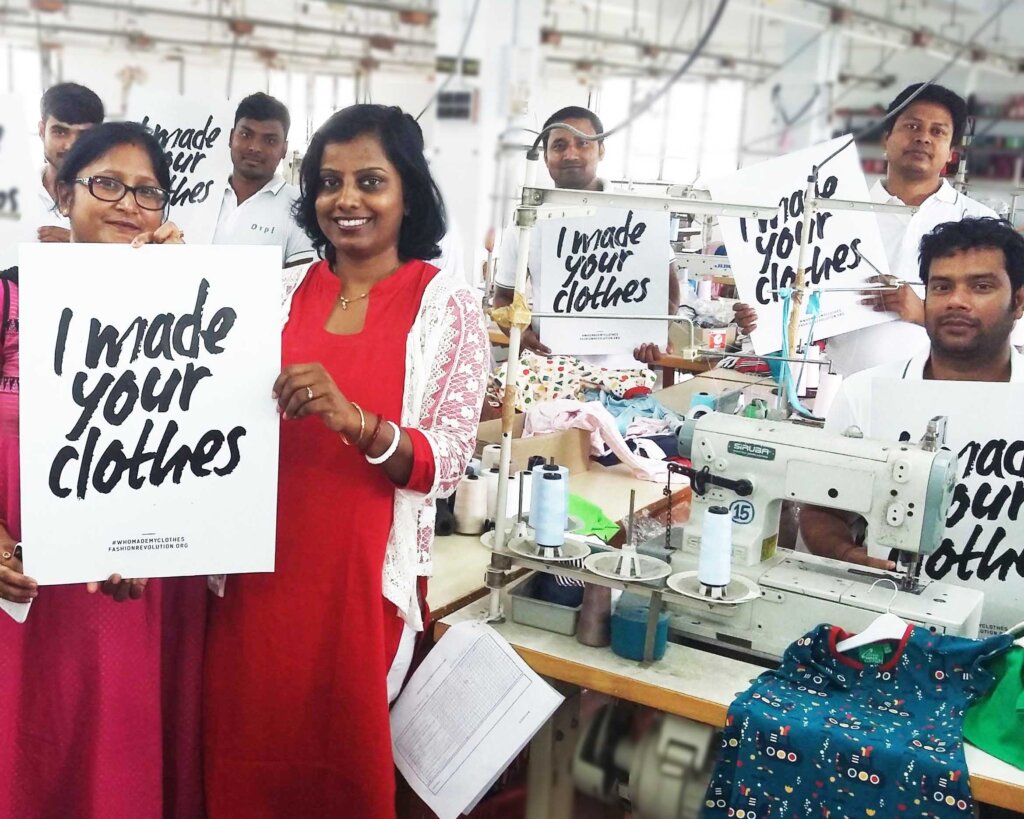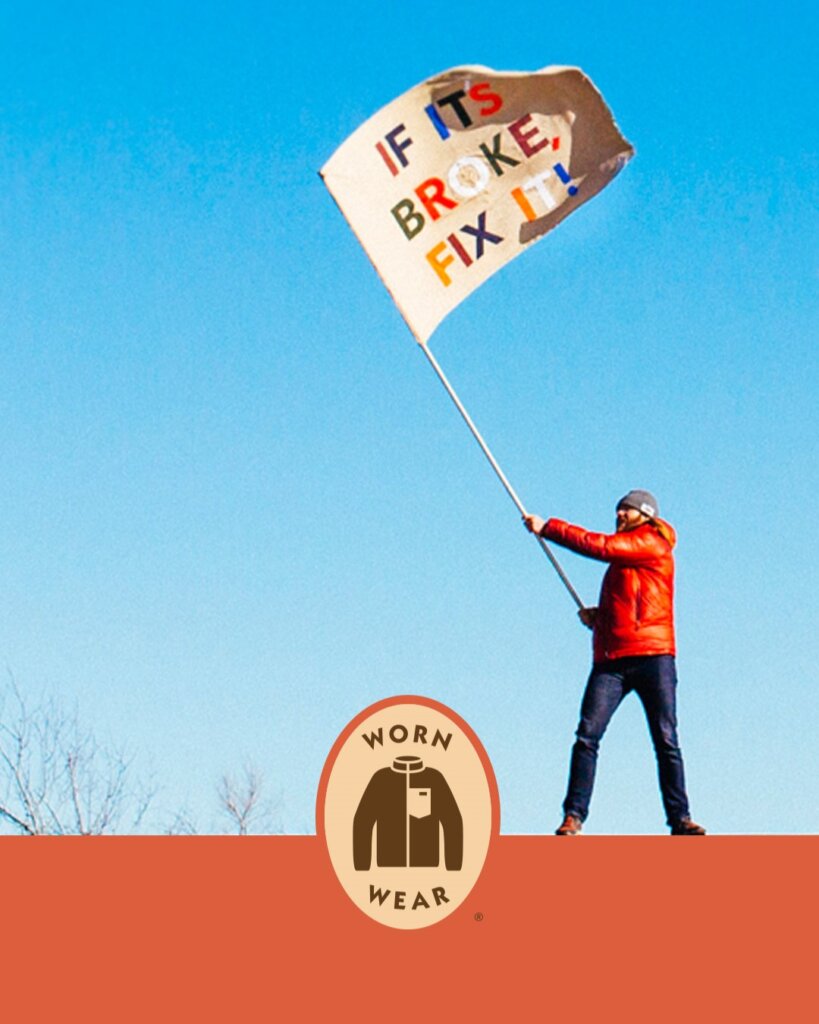

Fashion Revolution Week 2024 – 10 Years of Fashion Activism

10 Years of Fashion Revolution
2024 marks the 10th anniversary for the global people-powered movement Fashion Revolution. A decade of fashion activism demanding greater transparency from the world’s fashion brands and retailers. Held over 10 days this year, Monday 15th - Wednesday 24th April, Fashion Revolution will mark 10 years of activism with ten days of action. Everyone has a part to play in building a better fashion industry, and everyone can can do something, big or small.
This important 10 days is a time to rise up together for a revolutionary, regenerative and restorative new fashion system. At Babipur we support Fashion Revolution week and the clothing brands making positive strides towards a fair, safe, clean, transparent and accountable clothing industry.
Remembering Rana Plaza
On the 24th of April 2013 the Rana Plaza clothing factory in Bangladesh collapsed, killing 1,138 people and injuring many more. The Fashion Revolution movement marks this date. It has fought to highlight the impact clothing production has on millions of people around the world, and how we can fight together to make a positive change in one of the world’s biggest industries.
Fashion Revolution Week 2024 #WeAreFashionRevolution
This years theme is a celebration of the community builders, creative thinkers and conversation starters who make up the Fashion Revolution movement. #WeAreFashionRevolution invites everyone to share their stories and reflect on their journey to fashion activism.

We can all play a part by amplifying Fashion Revolutionary voices on social media, supporting brands working hard to make a difference in the industry, sharing tips on mending and looking after your clothes, and what your hopes are for a fairer and cleaner fashion future. Find out more about the campaign here.
The cost of living crisis and the fashion industry
A cost of living crisis is the latest storm to hit the UK after COVID, with increases in prices for energy, food, and fuel. This has had a massive impact on the fashion industry as consumers are having to change their spending habits while costs have risen. Luxury purchases are often the first to go when the going gets tough. There's no doubt that clothing brands and retailers are taking a hit.

There is an opportunity though to support those brands that are striving for a better fashion future. We can do this through a less but better quality approach, and keeping clothing in circulation for as long as possible. Frugi, for example, has recently introduced a range in collaboration with the Circular Textile Foundation, where they take back clothing no longer fit for wear and recycle it. Little Green Radicals have developed SuperLoop, where pre-loved clothing can be returned and rented out to new families. Mending clothing has always been a high priority for Patagonia, and their down jackets come with repair patches for fixing holes and tears at home, and also offer a repair service too.

The real value of what we buy and wear
Many of us fail to understand and appreciate the true cost of clothing. From preparing the ground to grow cotton, to the processing and dying of fabric, and cutting and sewing of each garment. Each stage involves many hands. Conventional cotton is a high input crop to grow, requiring high levels of water, pesticides and fertilizers. This can be hugely damaging to the environment. By choosing GOTS organic cotton, regenerative cotton or alternatives such as hemp, we can vastly improve conditions for the people growing and processing these textiles and they are better for the planet too.
Price tags usually fail to reflect the true cost of production to people and the planet. And as consumers, we don’t always care for our clothes in the way we should. Garments should be worn a minimum of 30 times, caring for each item and purchasing in a more thoughtful way. Can you answer these questions below?

Fashion Revolution Week at Babipur
There’s a massive need for a revolution in the clothing industry. We’re happy to say that the brands we support here at Babipur are making positive strides to a better, fairer, safer and more sustainable clothing industry.
For the last 17 years Babipur has been working with ethical children’s clothing brands and are proud to be part of the sustainable fashion movement. We believe sustainable clothing brands play an important role in changing the narrative around the mainstream fashion industry.
Each year we support Fashion Revolution week to help raise awareness within our community. We’ll be asking our brands ‘Who Made My Clothes‘ and sharing tips on looking after your clothes for a long life. By raising awareness of the social and environmental consequences of the mainstream fashion industry, we can feel proud of the sustainable brands leading the way forward.

This Fashion Revolution Week 2024 we would love for you to join with us in raising awareness about Fashion Revolution. Let’s celebrate the fabulous sustainable brands we stock! From Little Green Radicals to Patagonia, these exciting sustainable brands are leading the way in transparency, social conscience and sustainability.
Comments
There are no comments on this post at this time